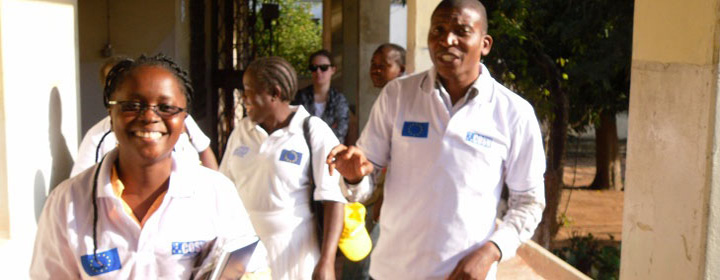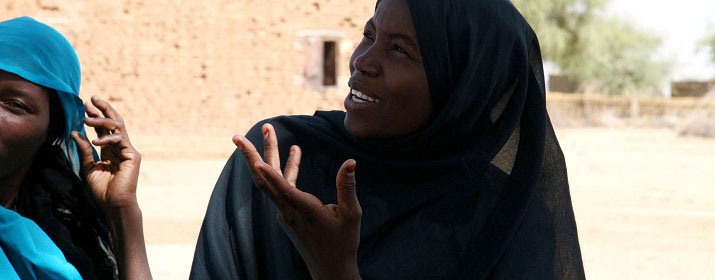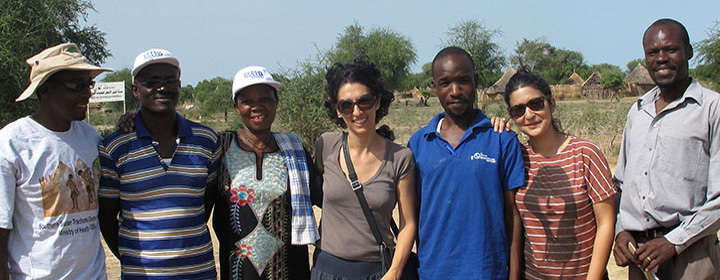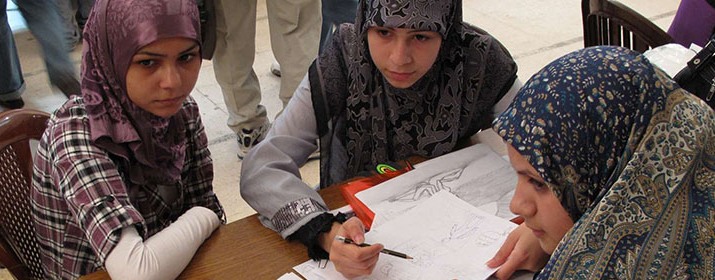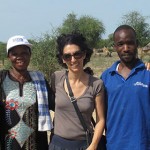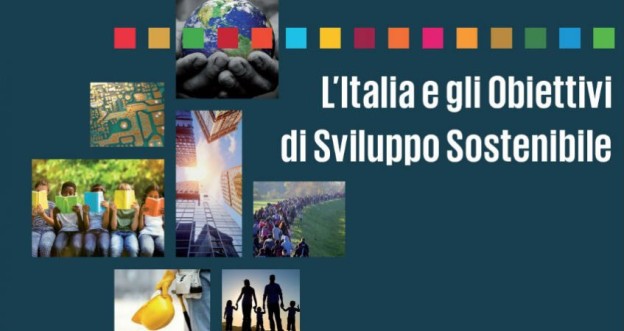“Italy proves to be still far from the path of sustainability outlined in Agenda 2030 and commitments made by ONU one year ago. Over 4.5 million of poor people, a female employment rate under 50%, over 2 million of unemployed and not working young. Investments in research and development just over 1% of GDP, school drop-out rate of 27.3% for children with less well-educated parents against a rate of 2.7% for children with graduate parents. A ratio between poorer and richer among the most unbalanced of the area. Meaningful gender inequalities, an inacceptable violence on women (76 feminicides since the beginning of the year). All fish species are at risk. A strong environmental degradation, especially in certain areas; 36% of population is living in areas of high seismic risk. High mortality caused by air pollution in urban centres. A too slow transition to renewable sources comparing to Paris agreement. However, we know that we don’t have any alternatives to ensure a future to the Country”.
These are the words used by Enrico Giovannini, Italian Alliance for Sustainable Development spokesperson, on 28th of September, presenting, to the Chamber of Deputies, ASviS report “Italy and Sustainable Development Goals”, that is a first analysis of the Italian situation compared with the 17 Goals and 169 Targets of Agenda 2030.
After the introduction of President Anna Boldrini and the relation presented by Giovannini, have taken part at the meeting: Sandro Gozi, Undersecretary representative of Government, Stefano Bonaccini, President of Conference of Regions, Marco Frey, President of Global Compact Network Italia Fundation, Alberto Quadrio Curzio, President of Lincei Academy, Maria Edera Spadoni and Lia Quartapelle, respectively President and Vice-President of the standing committee on Agenda 2030 implementation. Conclusions were entrusted to Pierluigi Stefanini, ASviS President.
With the adoption of Agenda 2030 and of the 17 Sustainable Development Goals, a clear judgement on the unsustainability of the actual model of development was expressed and the idea that sustainability regards only the environment was abandoned. Sustainable development, in fact, requires the adoption of a logic integrated to different development dimensions: economic, social, environmental and institutional. “We don’t have time to loose. That’s way it is so urgent to define a Sustainable Development Strategy able to guide the choices of all economic and social operators – Giovannini has continued – and to adopt immediate measures to be included in the next Budget Law. In a spirit of serving the entire Country, ASviS, that brings together over than 130 civil society organisations, offers to Italian politics a set of concrete proposals to make sustainable development the baseline paradigm of our Country”.
ASviS Report (available on www.asvis.it website) contains analytical insights for each of 2030 Agenda 17 Goals as well as an overview of strategies designed by other European countries (France, Germany, Finland, Switzerland); furthermore, it sets out Alliance proposals.
Source: Link2007

